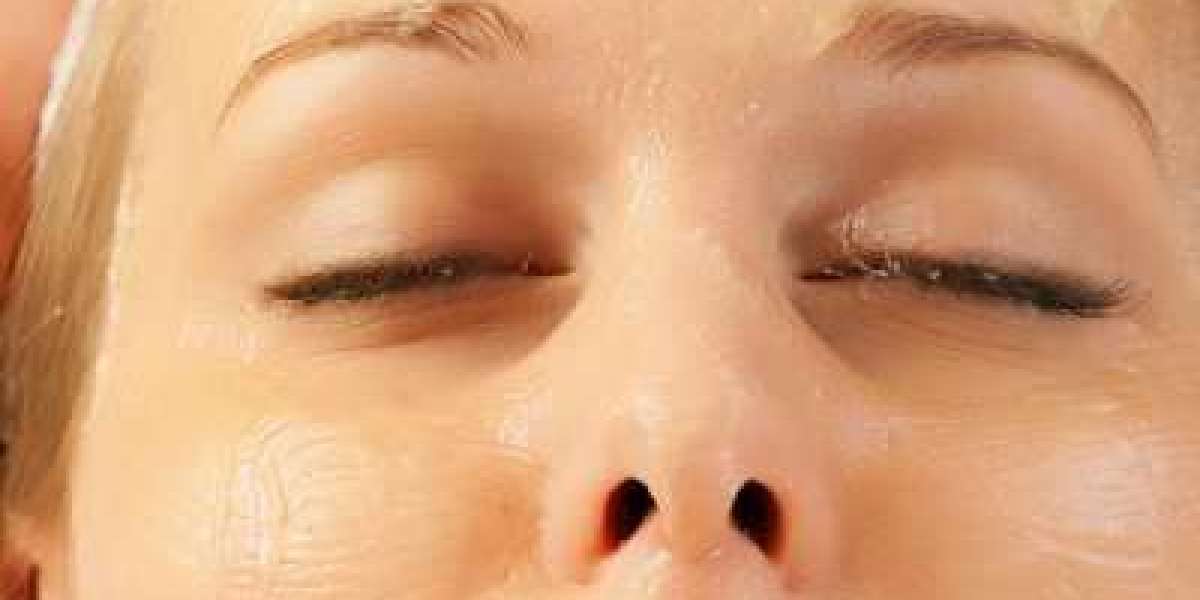In recent years, the world of skincare has seen a notable shift—more men are investing in their skin health and exploring treatments traditionally associated with women. One such rising trend is the increasing interest in chemical peels. This clinically proven method of skin rejuvenation is now being embraced by men who want to address acne, reduce signs of aging, improve texture, and achieve an overall clearer complexion. Clinics offering chemical peels in Islamabad are experiencing a surge in male clientele, highlighting that skincare is no longer gendered but universal in its appeal and necessity.
Why Are Men Turning to Chemical Peels?
The modern man is more aware of the benefits of a healthy skincare routine. From professional settings to social environments, appearance and grooming now play a vital role in personal confidence and perception. While many start with basic cleansing and moisturizing, those looking for transformative results are increasingly opting for treatments like chemical peels.
Chemical peels offer solutions to skin concerns common in men, such as:
Sun damage from outdoor exposure
Ingrown hairs caused by shaving
Acne and post-acne scars
Coarse skin texture
Dull or uneven skin tone
Early signs of aging, including fine lines
Since men often have thicker, oilier skin compared to women, they may benefit even more from the exfoliating and oil-controlling effects of certain chemical peels.
What Is a Chemical Peel?
A chemical peel is a skin-resurfacing procedure in which a chemical solution is applied to the skin to remove its outer layers. The peel helps shed damaged or dead skin, revealing newer, fresher layers underneath. Chemical peels vary in strength:
Light peels: Target the outermost layer and are ideal for minor imperfections.
Medium peels: Penetrate deeper and help reduce acne scars, wrinkles, and discoloration.
Deep peels: Reach the inner dermis and treat more severe skin conditions but come with longer recovery time.
A dermatologist determines the right type of peel based on the client’s skin condition, goals, and tolerance.
Popular Skin Concerns Men Treat with Peels
Acne and Acne Scarring
Men with active acne or lingering acne scars often turn to salicylic or glycolic acid peels. These help unclog pores, reduce inflammation, and promote skin healing. Chemical peels are effective in both treating breakouts and fading the pigmentation that follows acne.Ingrown Hairs and Razor Bumps
Frequent shaving can lead to ingrown hairs and chronic irritation, especially along the jawline and neck. Certain chemical peels exfoliate the skin, preventing hair from getting trapped beneath the surface and reducing inflammation in areas prone to razor bumps.Rough Skin Texture and Large Pores
Men’s skin tends to be oilier and have larger pores. Chemical peels help control sebum production, minimize pore appearance, and smooth out rough patches. Over time, skin becomes more refined and even-toned.Sun Damage and Uneven Pigmentation
Men who spend a lot of time outdoors often develop sunspots, freckles, and uneven tone. Medium-depth peels using trichloroacetic acid (TCA) can significantly reduce visible sun damage while improving overall skin clarity.Fine Lines and Aging Skin
Although men often show signs of aging later due to thicker skin, they are not immune to wrinkles and laxity. Chemical peels stimulate collagen production, enhancing skin firmness and reducing the appearance of fine lines.
What to Expect During and After the Procedure
A typical chemical peel session starts with a thorough skin assessment. The practitioner cleanses the skin before applying the chosen peel solution. Mild tingling or warmth is common during the application. After a few minutes, the solution is neutralized and removed.
Recovery time depends on the depth of the peel:
Light peels: Minimal downtime, with mild flaking for a day or two
Medium peels: Redness, swelling, and peeling for about a week
Deep peels: Extended downtime with significant peeling, requiring post-treatment care for up to two weeks
Men should avoid sun exposure, rigorous workouts, and shaving for a few days post-treatment. Following the dermatologist’s aftercare routine is essential to maximize results and prevent complications.
How Many Sessions Are Needed?
The number of sessions varies based on the individual’s skin condition and goals. Light peels may be done every 3–4 weeks as part of a maintenance routine, while medium-depth peels are typically spaced 6–8 weeks apart. Results are cumulative, and regular sessions improve skin tone, clarity, and overall texture over time.
Dispelling the Myth: Are Chemical Peels “Too Harsh” for Men?
One common misconception is that chemical peels are too aggressive or only meant for women. In reality, formulations have evolved, and dermatologists tailor the strength and ingredients to suit each patient’s skin type. Male skin, being more resilient and thicker, can often tolerate peels very well. When performed under professional supervision, the treatment is safe, effective, and delivers noticeable improvements without altering the natural masculinity of the skin.
Integrating Peels into a Grooming Routine
Chemical peels don’t replace a basic skincare regimen but enhance its effectiveness. Men who undergo chemical peels should maintain:
Daily cleansing
Regular moisturizing
Consistent use of broad-spectrum SPF
Use of non-comedogenic, fragrance-free products
This routine supports the skin between treatments and prolongs the results of each peel.
Are There Any Risks?
While generally safe, chemical peels do carry some risk—particularly if done incorrectly or without proper skin assessment. Possible side effects include redness, irritation, infection, or hyperpigmentation. This makes it essential to choose a qualified clinic with licensed dermatologists or medical aestheticians experienced in treating male skin.
Who Should Avoid Chemical Peels?
Men with active infections, open wounds, certain skin conditions like eczema or psoriasis, or those on medications like isotretinoin should avoid chemical peels until medically cleared. A proper consultation will help determine suitability.
Conclusion
The surge in male interest in chemical peels reflects a broader movement toward self-care and proactive skin management. Whether addressing acne, reducing signs of aging, or improving overall tone and texture, chemical peels are an effective, non-invasive solution. With increasing accessibility and personalized care, men no longer need to tolerate common skin concerns or think skincare isn't for them. For those interested in starting their journey, chemical peels in Islamabad at the SKN Cosmetics clinic offer tailored solutions designed specifically for male skin, backed by expertise and professionalism.



